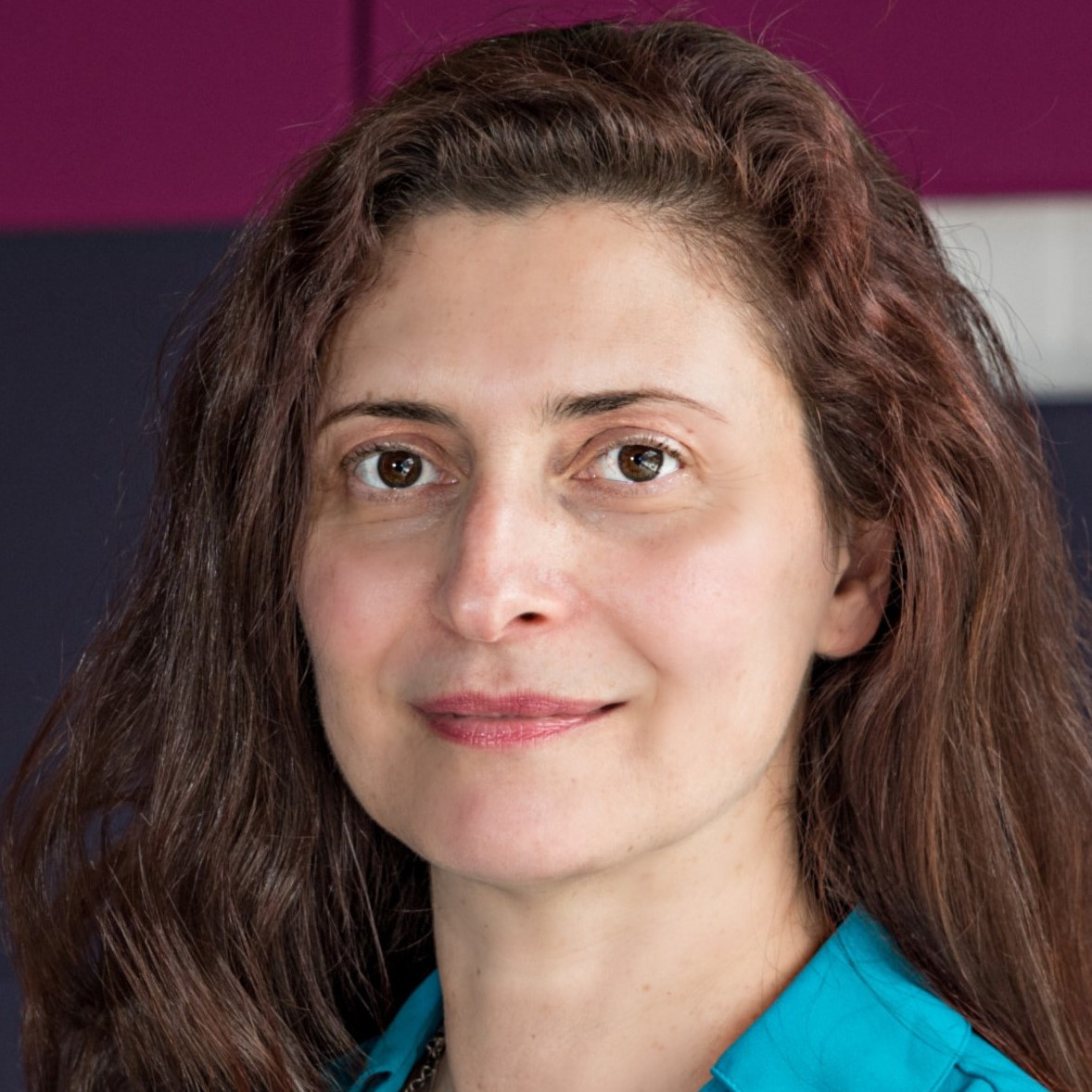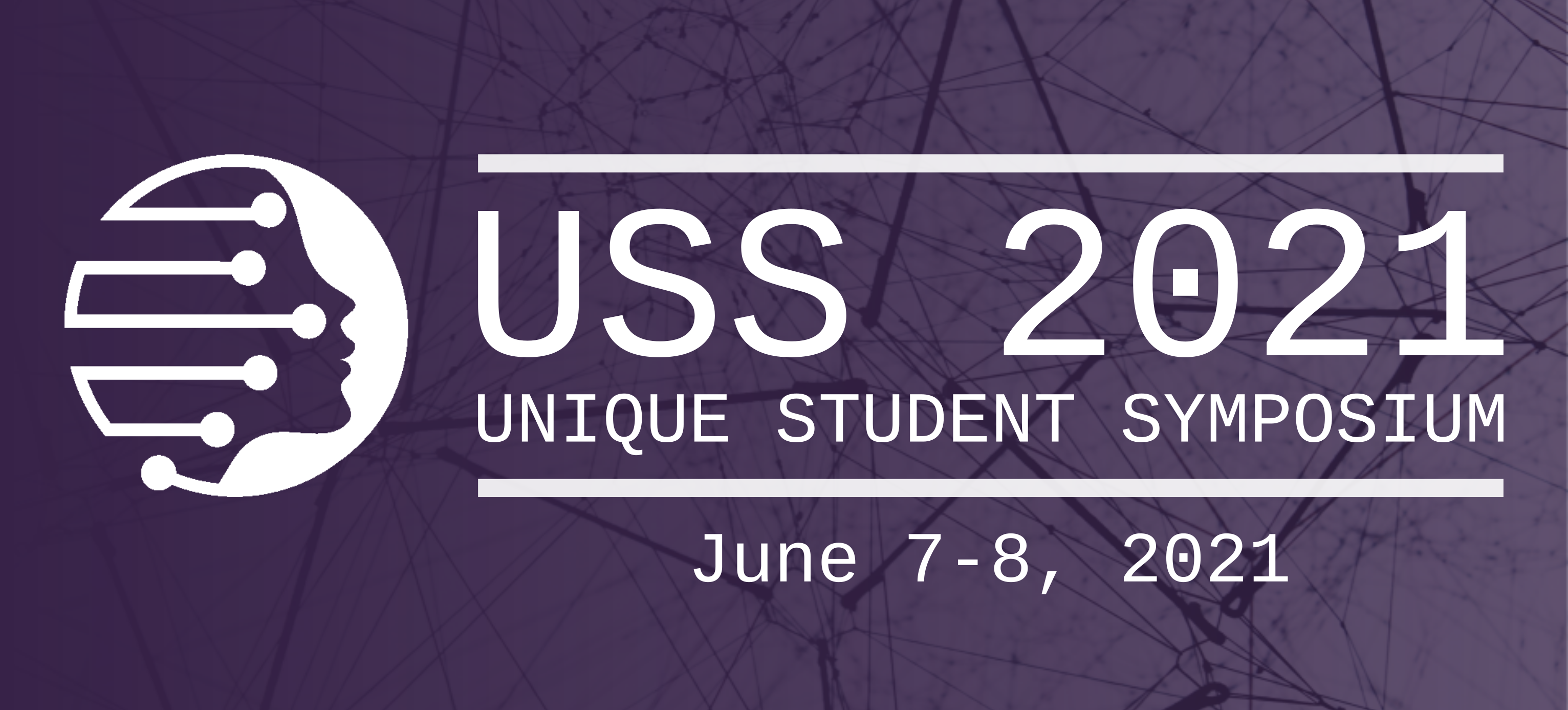
Speakers of the USS 2021
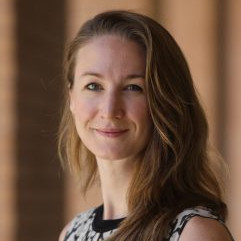
Megan Peters
she/her
Assistant Professor
Cognitive Sciences, UC Irvine · CIFAR Global Scholar · Azrieli Program in Brain, Mind, & Consciousness
Linking metacognition and consciousness with computational models
Few people tackle the neural or computational basis of qualitative experience (Frith, 2019). Why? One major reason is that science and philosophy have both struggled to propose how we might even begin to start studying it. Here I propose that metacognitive computations, and the subjective feelings that go along with them, give us a solid starting point. Specifically, perceptual metacognition possesses unique properties that provide a powerful and unique opportunity for studying the neural and computational correlates of subjective experience. I will describe these properties, and discuss how computational models of metacognition can be used to an empirically-tractable early step in identifying the generative process that constructs qualitative experience, drawing on empirical data. By applying decades of developments in computational cognitive science and formal computational model comparisons to the specific properties of perceptual metacognition, we may reveal new and exciting insights about how the brain constructs subjective conscious experiences and the nature of those experiences themselves.
Relevant paper Website Twitter
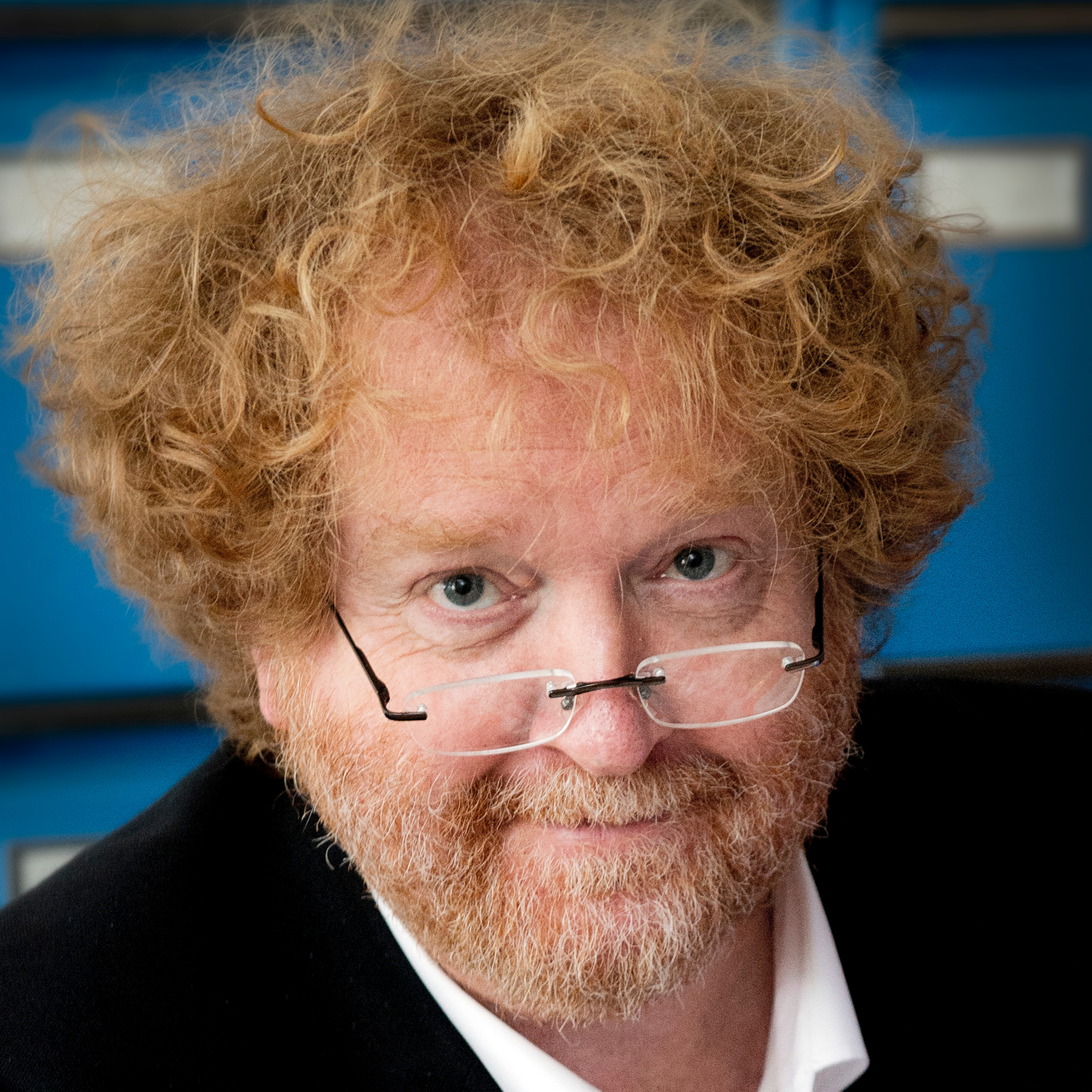
Pim Haselager
Associate Professor
Donders Institute for Brain, Cognition and Behaviour · Department of Artificial Intelligence, Radboud University, Nijmegen
Unifying AI & Neuroscience: A great idea! But to what purpose?
The combination of Artificial Intelligence (AI) and Neuroscience (NS) has great promise. It can lead to various practical applications in a wide variety of fields, ranging from micro-targeted marketing to clinical therapy and law. At the same time, the combined power of AI and NS leads to serious questions about what it is that we would like to achieve and why. It also leads to questions about how we can exert meaningful human control over the ensuing technologies. This is especially urgent given the many challenges humanity is facing this century, from inequity to ecology. It seems fair to say that our current ways to address these challenges have not been, to put it mildly, particularly successful. AI and NS enable us to see our human strengths and weaknesses with greater clarity, and build more effective technology accordingly. But the potentially exploitative power of this combination of sciences does present us with the challenge to apply it wisely. I will suggest that we are in need of a more profound reflection on what our sciences show us about ourselves, what our technology enables us to do with that, and what, apparently, we aim to do with those insights and applications.
Relevant paper Website Twitter
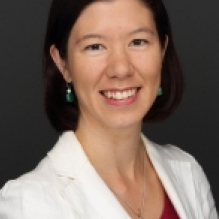
Stefanie Blain-Moraes
Assistant Professor
McGill University, School of Physical & Occupational Therapy
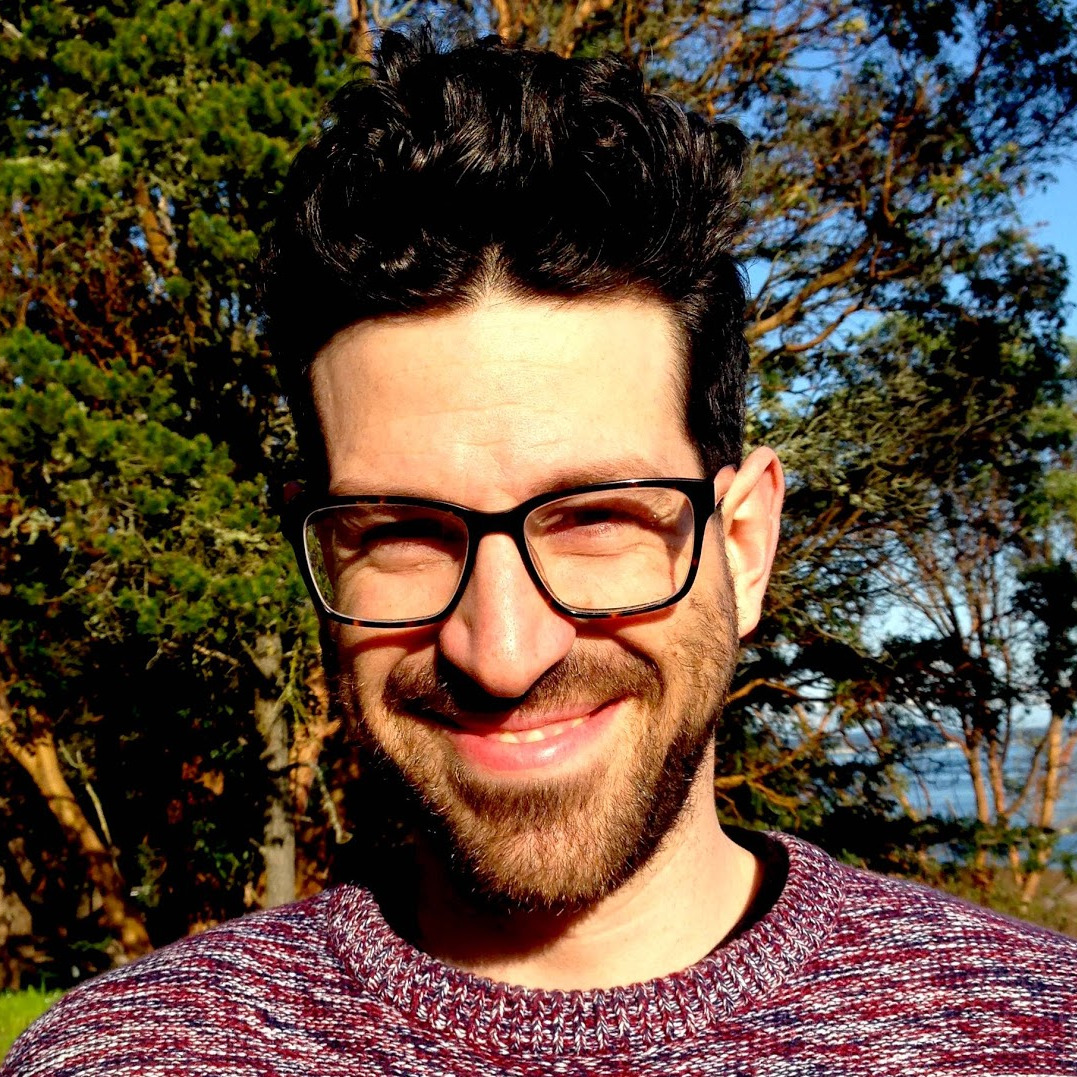
Guillaume Lajoie
Assistant Professor
Dept. de Mathématiques et Statistiques, Université de Montréal · Mila, Québec AI Institute · Canada CIFAR AI Chair
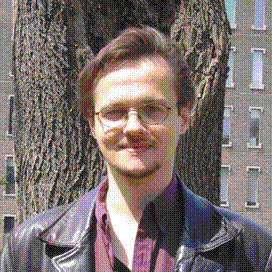
Paul Cisek
Professor
Department of Neuroscience, Université de Montréal

Thomas R. Shultz
Professor
Department of Psychology, McGill University
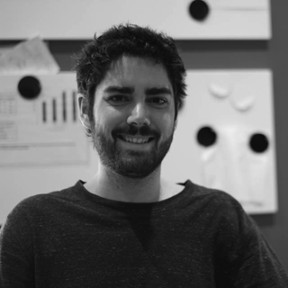
Robin Renault
Doctoral student
Université de Montréal
Round table on mental health
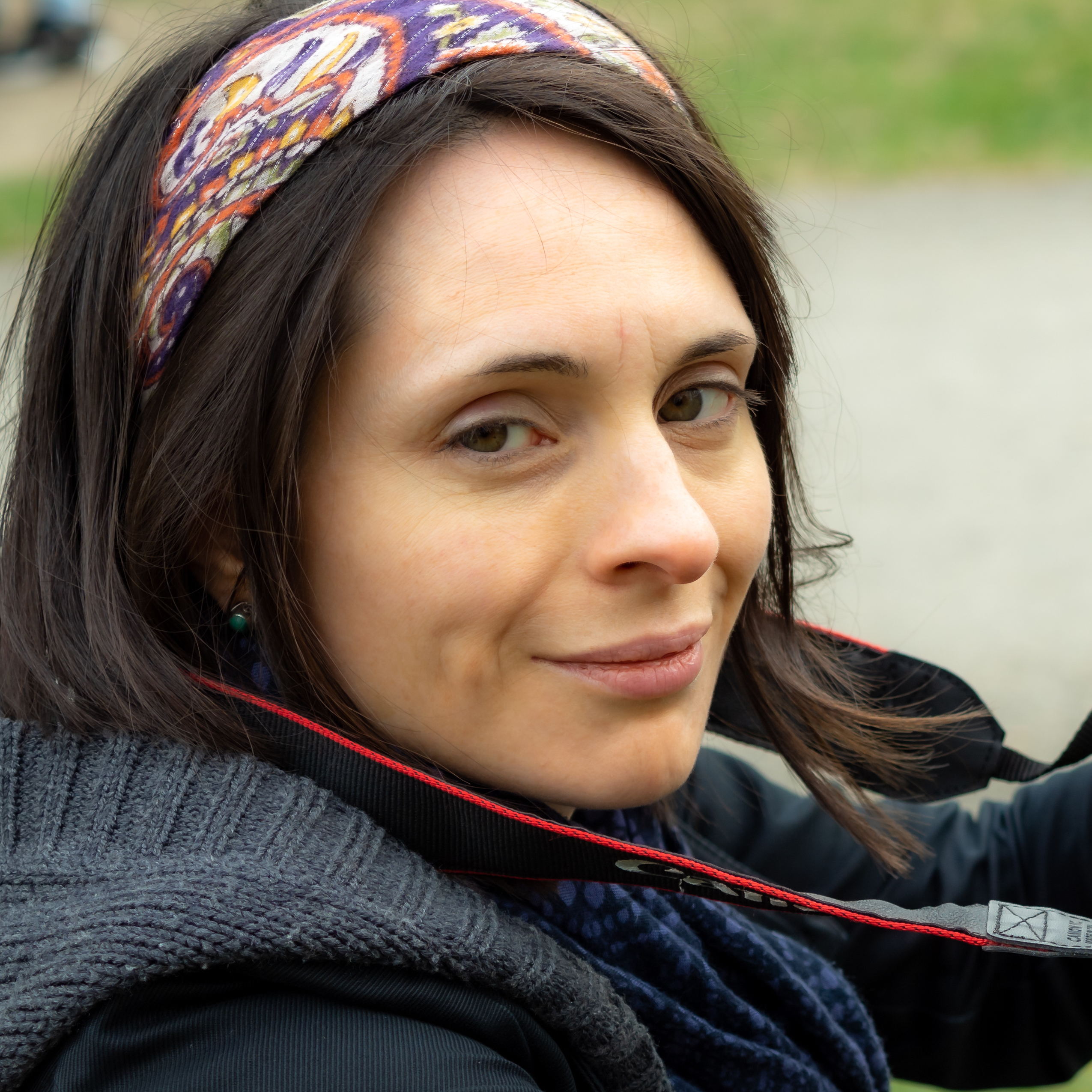
Marie-Ève Vautrin-Nadeau
PhD candidate
Université de Montréal
Round table on mental health

Aislinn Sandre
PhD student
McGill University
Round table on mental health

Samuel Guay
PhD student
Université de Montréal
First steps into Open Science
This workshop aims to introduce the broad concept that is open science from a global perspective. We will touch on three core aspects that open science is based on, namely processes (e.g., collaboration, reproducibility), Products (e.g., Open Data, Open Materials), and Values (e.g., freedom, equity). We will then showcase some tools and state-of-the-art examples of openness from the Neuro-AI field. If time permits, we will end the workshop by collaboratively (yes, all of us!) creating a Neuro-AI open science student guide.
Open Science UMontréal Slides

Andréanne Proulx
Master student
Université de Montréal
First steps into Open Science
This workshop aims to introduce the broad concept that is open science from a global perspective. We will touch on three core aspects that open science is based on, namely processes (e.g., collaboration, reproducibility), Products (e.g., Open Data, Open Materials), and Values (e.g., freedom, equity). We will then showcase some tools and state-of-the-art examples of openness from the Neuro-AI field. If time permits, we will end the workshop by collaboratively (yes, all of us!) creating a Neuro-AI open science student guide.
Open Science UMontréal Slides

Madeleine Elise Nadler
she/her
Recent BA Graduate
Concordia, Interdisciplinary Studies in Sexuality, Women's Studies, and Religions and Cultures
Developing, Disseminating, and Diversifying Knowledge: An Introduction to Equity, Diversity, and Inclusion (EDI) in Academia
This workshop is designed for new students as well as those with no background in Equity, Diversity, and Inclusion (EDI). The workshop aims to help develop awareness of EDI concepts and issues in Academia. Participants will be introduced to basics of EDI in both theory and reality with relation to data-driven research as well as current events.
Slides
